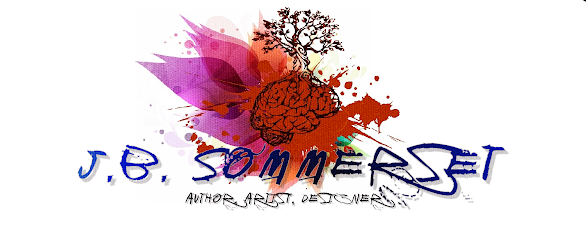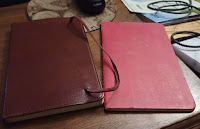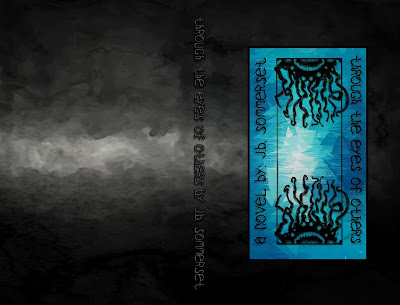Alone in the woods... with my thoughts.

"Up in the woods" J.B. Sommerset (c) 2025 Sometimes I like to do "stream of consciousness" exercises. I often write these down, and over the years I have amassed quite collection of notebooks full of disconnected pages with no direction or format. Some share themes, others share forms, but there is very little that would connect them, other than the days of my life. The pages of my story. I find that it is easier to access a place that holds that stream of consciousness if I am alone, and the world is quite- like when I am in the woods. There are plenty of stories here in the woods. Each tree has a tale to tell, a lifetime of knowledge trapped in the rings of it's growth. From it's birth to the time it falls, most of the time, up here, that's a good while after it's death. Most of the trees in this area don't ever get logged because the slopes they grow on are too steep. So they stand long after they have expired, at least until the wind takes th...






